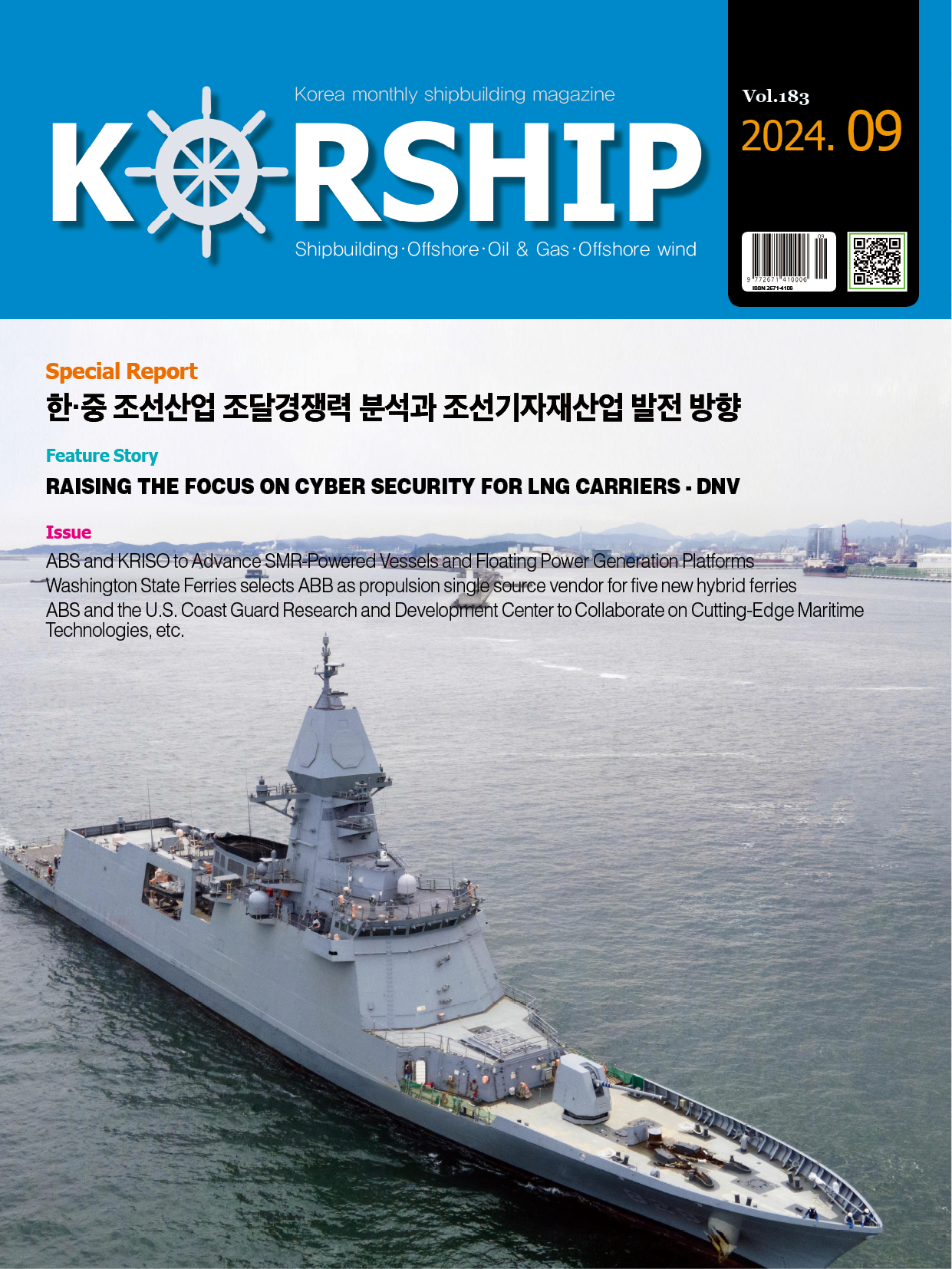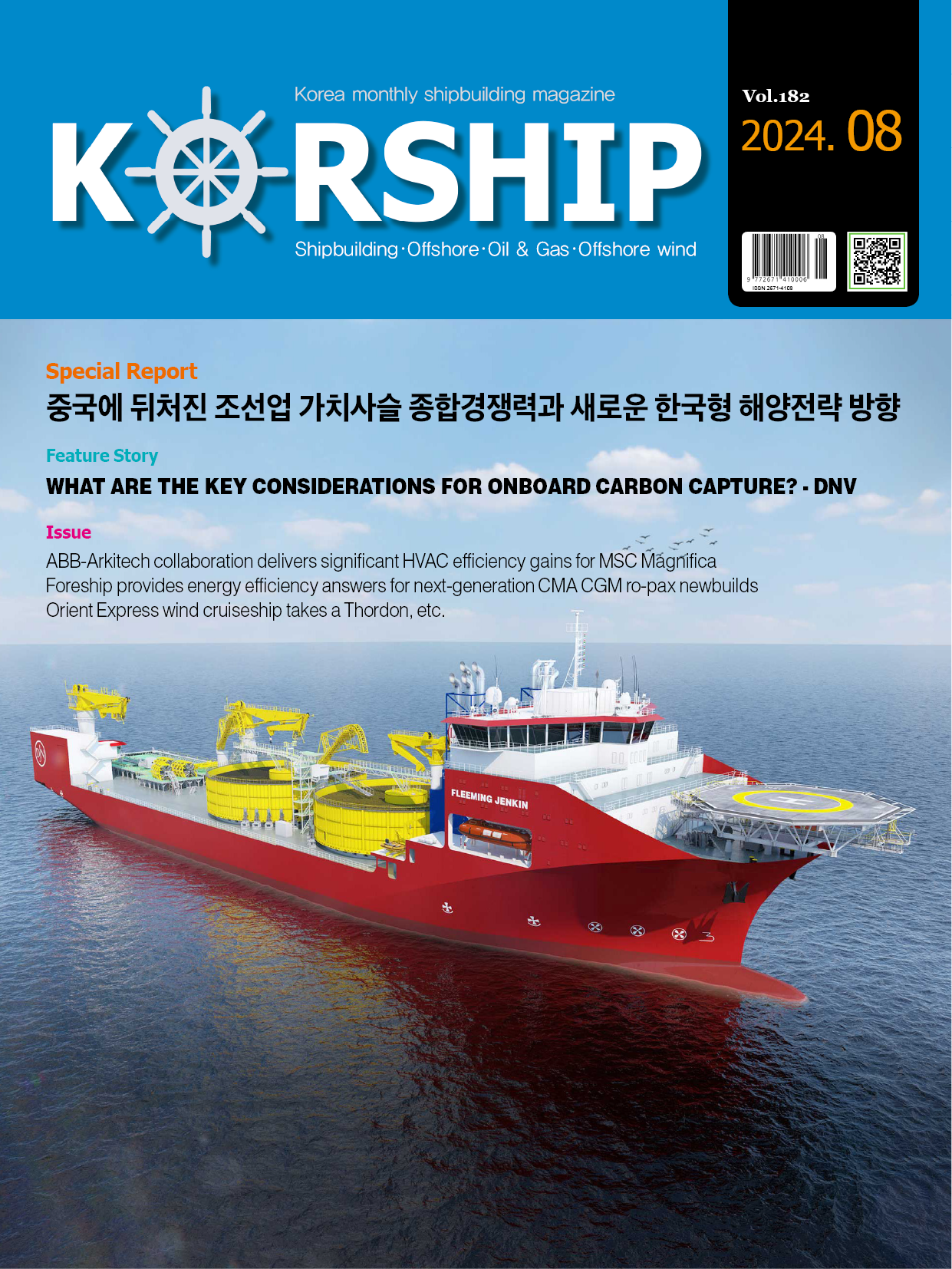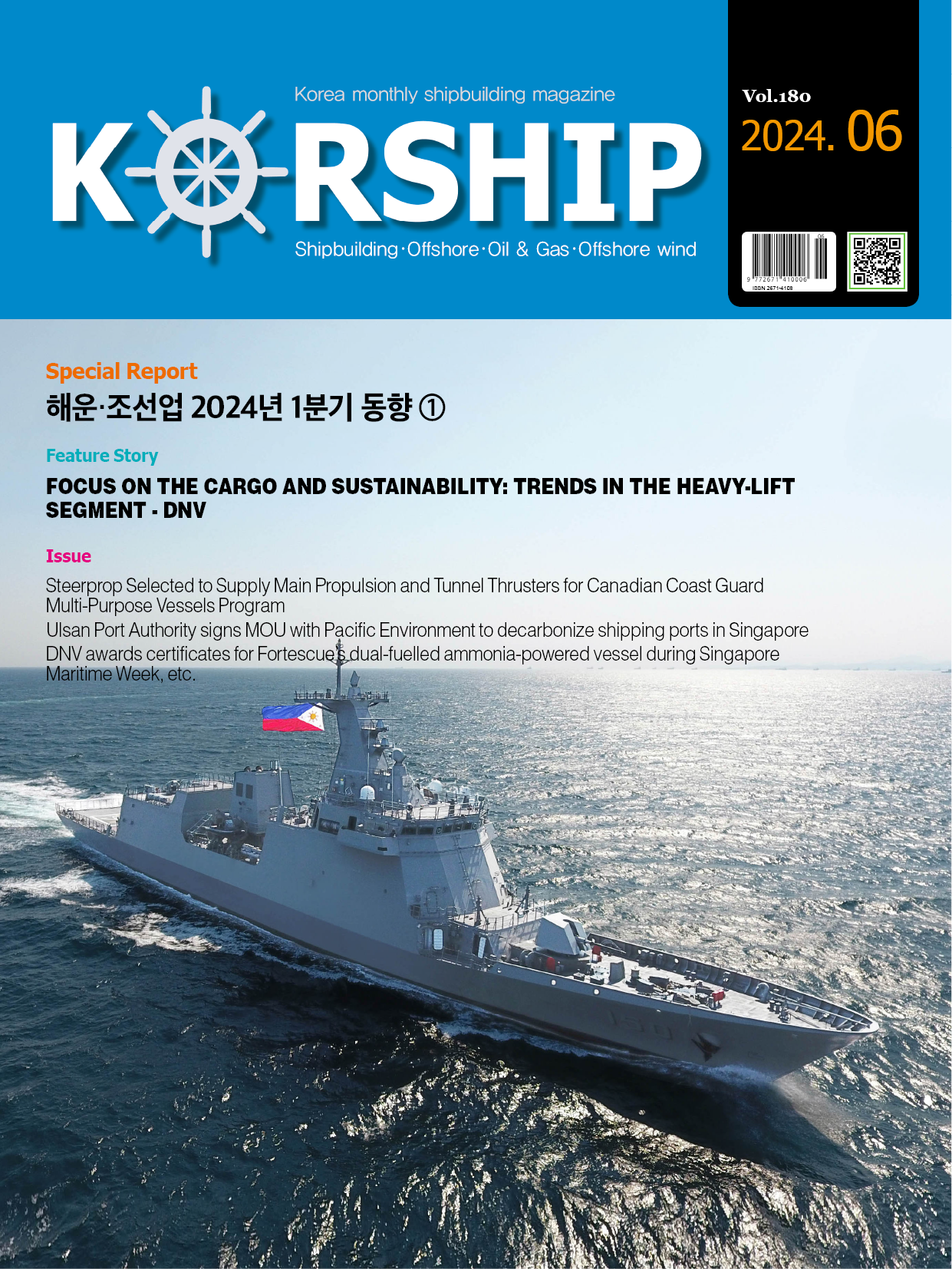Business News Afety study demonstrates the need for new safety rules for methanol-fu…
페이지 정보
작성자 최고관리자 댓글 0건 조회 926회 작성일 24-05-14 19:24본문
A new fire safety study by global Survival Technology solutions provider Survitec has revealed that existing fire-fighting methods used to extinguish machinery space spray and pool fires on conventionally fuelled vessels are inadequate when dealing with methanol-based fires.
This follows extensive comparative fire tests on dual-fuel marine engines using diesel oil(DO) and methanol, carried out amid growing interest in methanol as an alternative marine fuel.
Methanol is a methyl alcohol(CH3OH) that burns in a completely different way than hydrocarbon fuels and has a much lower flashpoint of 12°C(54°F). However, while there are established fire safety regulations and testing standards for diesel fuels, clear test protocols for alcohol-based fuels such as methanol and ethanol have yet to be developed.
The Survitec tests found that while water mist systems are highly effective in absorbing heat and displacing oxygen on diesel fires, they do not produce the same results on methanol fires.
This finding indicates that if existing vessels are retrofitted to run on methanol, they would need to overhaul and redesign their fixed fire-fighting arrangement completely.
For bilge areas, statutory rules formulated in IMO MSC.1/Circ.1621 establish a requirement for an approved alcohol-resistant foam system for ships running on methanol. For the first time, a fixed, low expansion foam system is mandatory under the rules when it comes to protecting machinery space bilges.
The stark conclusion of the investigation arrives at a time of increasing orders for methanol-fuelled ships. The greener fuel is seen as a panacea to meeting the industry’s emissions abatement targets, and forecasts predict accelerated adoption rates.
Orders for methanol-fuelled newbuilds increased by 9% in the last 12 months, 2% more than those for LNG-fuelled ships. Analysts suggest the methanol-fuelled fleet will account for 20mgt by 2028.












